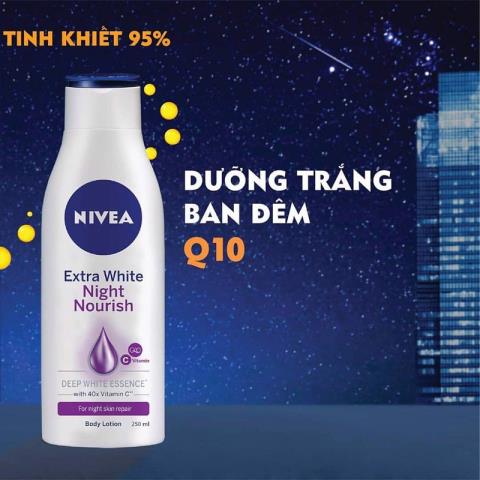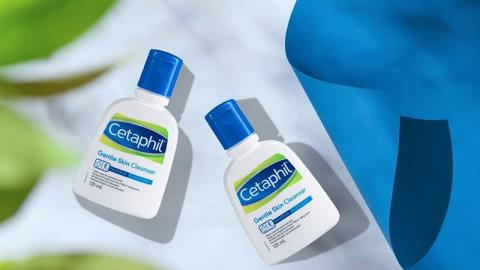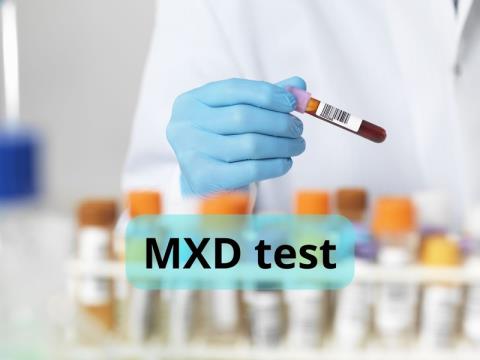Food poisoning whether to drink orange juice or not is a matter of great concern, especially for people experiencing this condition. Let's join SignsSymptomsList to answer the above question in the article below.
Orange juice is a very familiar and healthy drink because it contains a lot of vitamin C. So in case of food poisoning, should you drink orange juice or not? In the article below, SignsSymptomsList will help you answer that question.
First, let's learn the basics of food poisoning with SignsSymptomsList!
Causes of food poisoning
Most food poisoning cases are caused by one of three main causes: Bacteria, viruses, or parasites. A small fraction of food poisoning cases are caused by non-microbial causes. It is the poisoning of preservatives, additives, heavy metals such as lead, mercury...
Disease-causing microorganisms can be found in most foods that people consume on a daily basis. However, food processing can remove most of these microorganisms. Raw foods are a common source of food poisoning because they haven't been cooked.
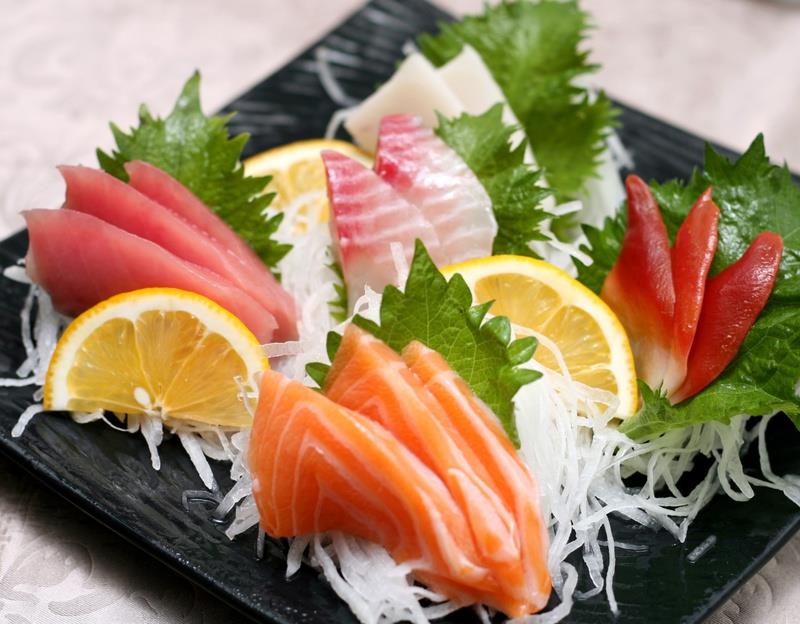 Raw food is very easy to cause food poisoning
Raw food is very easy to cause food poisoning
In some cases, food will come into contact with microorganisms in the waste of an infected person such as vomit and feces. This situation can happen when the sick person prepares food without washing their hands first.
Besides, meat, milk, eggs and dairy products are also very susceptible to contamination. In addition, disease-causing microorganisms can come from the very water used to prepare and prepare food.
Symptoms of food poisoning
The symptoms of food poisoning can vary depending on the source of the infection.
Common food poisoning symptoms
- Abdominal cramps;
- Diarrhea;
- Nausea, vomiting;
- Loss of appetite, loss of appetite;
- Fever, which may be accompanied by chills;
- Headache, tiring;
Abdominal pain is a common symptom of food poisoning
Symptoms of life-threatening food poisoning
- Diarrhea lasting more than 3 days;
- High fever over 39℃;
- Blurred vision, difficulty speaking;
- Signs of severe dehydration, including: Dry mouth, urinating little or no urine, intense thirst, dry skin, sunken eyes;
- Dark, or sometimes bloody, urine;
- Lethargy, progressive deterioration of consciousness;
- Low blood pressure, fast, small, difficult pulse (signs of septic shock);
In case of experiencing one of the above symptoms, people with food poisoning should quickly go to the nearest medical facility if they do not want a life-threatening risk.
How to handle food poisoning
Food poisoning is usually treatable at home. Here are some basic things you need to do to keep food poisoning from getting worse:
Drink a lot of water
If you have food poisoning, the most important thing is to stay hydrated. Juice and coconut water can help you replenish electrolytes, reduce diarrhea and fatigue. Herbal teas such as chamomile tea, ginger tea, mint tea and dandelion are effective in reducing stomach cramps.
Ginger tea helps relieve stomach pain
Using over-the-counter medications
You can use some over-the-counter medicines like Loperamide and Pepto-Bismol to control diarrhea and nausea. However, the very absence of diarrhea and vomiting can make it difficult for toxins to get out of your body, and make you think that the food poisoning has subsided and has serious consequences. Therefore, you need to consult a specialist before using this medicine.
Food poisoning should drink orange juice or not?
Currently, there are still many disagreements around the issue of food poisoning, whether to drink orange juice or not. As the article mentioned above, juice is one of the drinks that help replenish water and electrolytes needed by the body. At the same time, it helps patients reduce diarrhea, fatigue due to electrolyte disturbances.
Uses of orange juice
Orange juice is a drink that contains many essential nutrients for the body. Orange juice contains many natural acids such as ascorbic acid (vitamin C) and citric acid. In addition, orange juice also contains Beta carotene, vitamin B1, vitamin B2, B9, electrolytes such as potassium, magnesium, calcium, iron, phosphorus... Therefore, orange juice has many benefits for human health.
The top benefits of orange juice include:
- Provide water and electrolytes to the body when we have diseases that cause vomiting or diarrhea leading to dehydration and electrolyte disturbances.
- Vitamin C in orange juice helps strengthen resistance, reduce the feeling of fatigue.
- Provides antioxidants, supports anti-aging and cancer prevention.
- Reduces bloating and flatulence.
- It has a positive effect on the cardiovascular system, stabilizing cholesterol levels in the blood, contributing to stabilizing blood pressure and preventing atherosclerosis.
Food poisoning should drink orange juice or not?
With the above uses, when you have food poisoning, you should absolutely drink orange juice. However, if you drink too much, you may experience some unwanted effects:
- Stomach pain, gastritis.
- Increased peristalsis aggravates diarrhea.
- Aggravation of pre-existing gastroesophageal reflux disease.
- Causes irritability, difficulty sleeping if drinking a lot of orange juice in the evening.
Note in drinking orange juice when suffering from food poisoning
Notes if drinking orange juice when having food poisoning:
- Drink orange juice after eating, do not drink on an empty stomach.
- Do not drink in the evening near bedtime.
- The amount of orange juice you drink per day should not exceed 200ml of pure orange juice. This is the volume of orange juice that provides about 60mg of vitamin C.
- Orange juice should not be taken with the medicine.
Hopefully the information in the article will help readers answer the question of food poisoning should drink orange juice or not. To read other articles about health and life, please visit the website of SignsSymptomsList!

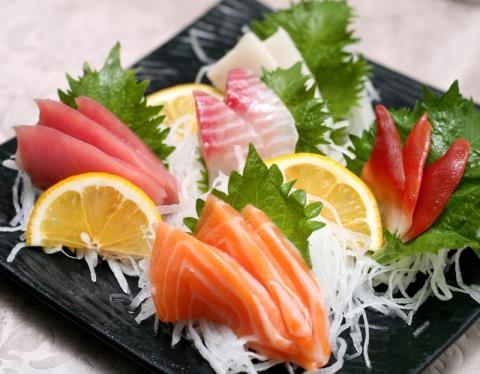
 Raw food is very easy to cause food poisoning
Raw food is very easy to cause food poisoning

